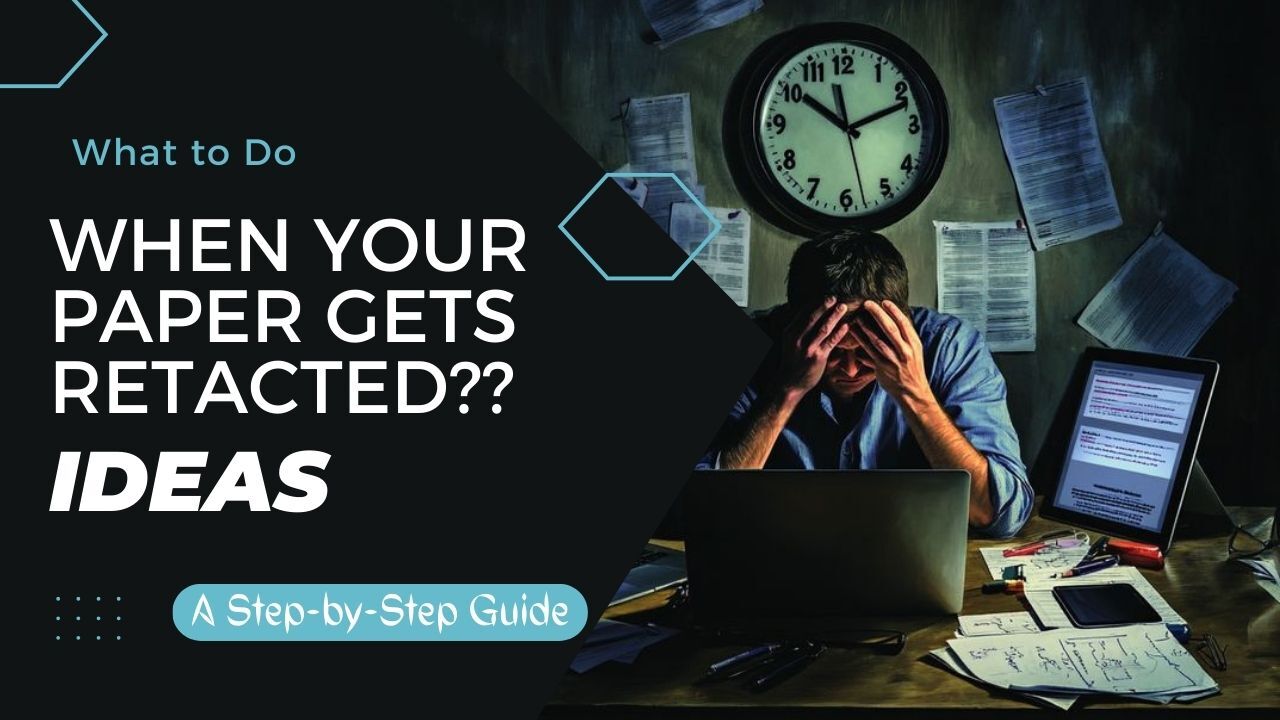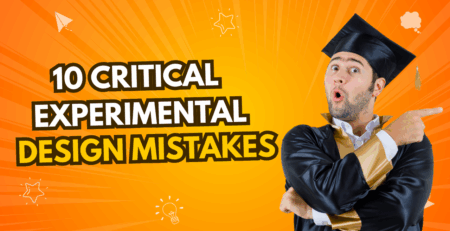31Jan

A retraction usually stands out among the tough circumstances confronting an author in academic publishing. But Responding to a Retraction due to a plagiarized paper does not mean the end of the race. In reality, Responding to a Retraction should generally be approached with consideration and methodology. Here are all the general steps to follow upon getting your paper retracted:

The first step is to understand why the paper was retracted. This can include various issues such as:
Errors in data: Both errors in research or in methodology can lead to a retraction.
Ethical violations: Plagiarism could lead to retractions, fraud or falsification in data, sometimes involving failings in terms of getting consent.
Authorship disputes: Sometimes authorship conflicts or other disagreements over intellectual property force a retraction.
Contact the journal editor or the relevant authority on clarifying the retraction reasons. This will convince the next steps to be taken.
Generally, there will be a retraction notice from the journal giving reasons why the journal took those papers down. This will usually include your statement as the author or any formal declaration about the retraction process.
You would have to read the notice very carefully, to check the factual accuracy, and if you believe there is an error in this statement or that it does not reflect what was actually the situation as it stood at the time of the retraction, you should consider doing a polite and professional rebuttal. Clarity is important.
A retraction can signal serious trouble for your professional reputation but does not mark the end of a career per se. Allow time to consider the potential effect on your status within the academic fraternity. Consider:
To explain the situation: State your reason for retraction to your circle in case your CV or LinkedIn page needs you to clarify.
To ponder the lessons involved: It must get accepted as an unfortunate incident, honest mistake, denial of keys, viewed as a mischief in terms of ethics. Learning will rebuild some trust for your subsequent endeavors.
Should the retraction arise by its error in your paper (be it statistical error or due to misinterpretation of data), you may want to take steps to rectify it. You may seek to:
Resubmit a corrected version: Try to reach out to the editors about publishing an erratum or corrigendum in your paper if feasible.
Resubmit the manuscript elsewhere: Depending on the severity of the error, the manuscript may have been eligible to go to another journal after the resolution.
It is always recommended that you declare whatever changes you have made and the reason for such changes.
Keep in mind that if it involves plagiarism or some ethical dimensions, take a more elaborate approach. Take it up, clarify on it, apologize if you should, and taking it in a professional and humble manner could lessen the harm.
In some cases, the retraction notice may include a public statement from me. Make sure it is temperate, factual, and does not invite further harm to your reputation.
Retractions can be difficult, but they can also provide an opportunity for growth. Some examples include:
Getting feedback: If the blunder was related to error, receiving feedback from trusted colleagues will only improve your work in the future.
Improving your research processes: One must strengthen his or her methods of verification, writing, and peer review from now on to avoid these kinds of problems again.
Make sure that your next work is well-researched, formally sound, and error-free.
Finally, do not allow a retraction to define you. There have been major reverses for many respected academics in their careers, yet many have also made comebacks and continued to thrive. The important thing is how you respond. Learn from it, stay professional, and continue producing quality work; you will earn back the trust of your peers and move on with your career.
They have admitted that getting retracted is one of the hardest parts of their careers, but Responding to a Retraction should not be the end of one’s career. Understand what caused the retraction, Responding to a Retraction respectfully, and take away your lessons from it. Put up the courage, because every failed attempt is just another way to move forward and help you toward a comeback.
Kenfra Research understands the challenges faced by PhD scholars and offers tailored solutions to support your academic goals. From topic selection to advanced plagiarism checking.

If you are a researcher, academic, or student working on papers and projects, you might have heard about ORCID iD.... read more

In the world of science, precision and accuracy are everything. However, even the most experienced researchers can fall into experimental... read more
AP EAMCET 2023: Final round of counselling begins for engineering aspirants; Direct link Andhra Pradesh State Council of Higher Education (APSCHE) The... read more

Embarking on a Ph.D. journey in research methodology can be both rewarding and intellectually stimulating. At Kenfra Research Center,... read more

Pursuing a PhD is a rewarding but demanding journey that requires juggling multiple responsibilities, including academic research, personal life,... read more

Choosing a PhD topic is one of the most important decisions in a research scholar’s academic journey. When it comes... read more

Embarking on a PhD journey is both exciting and challenging. For first-year PhD students and those preparing... read more
WhatsApp us
Leave a Reply